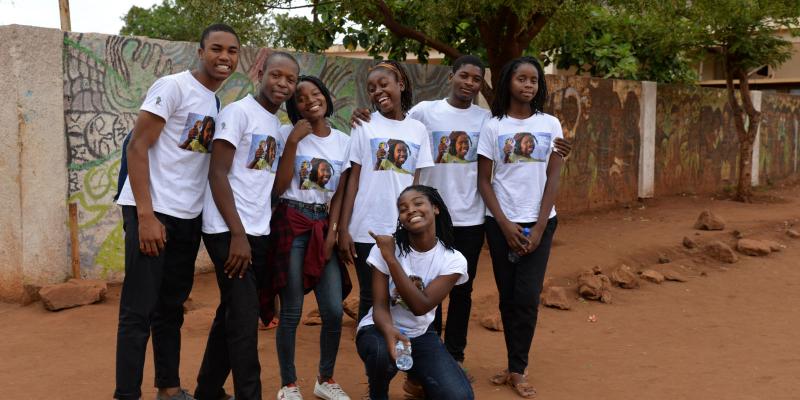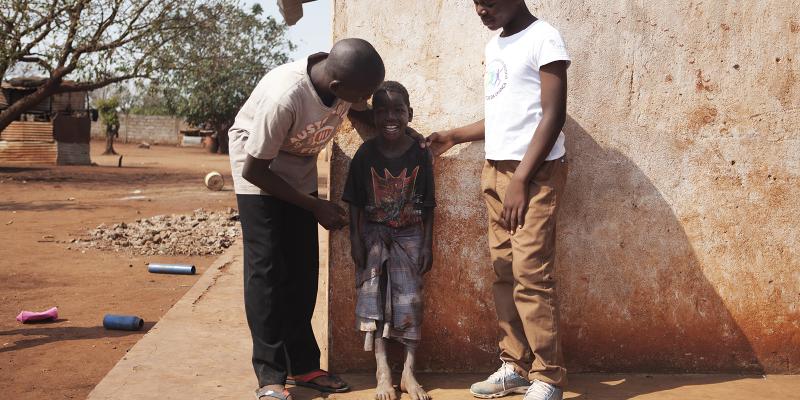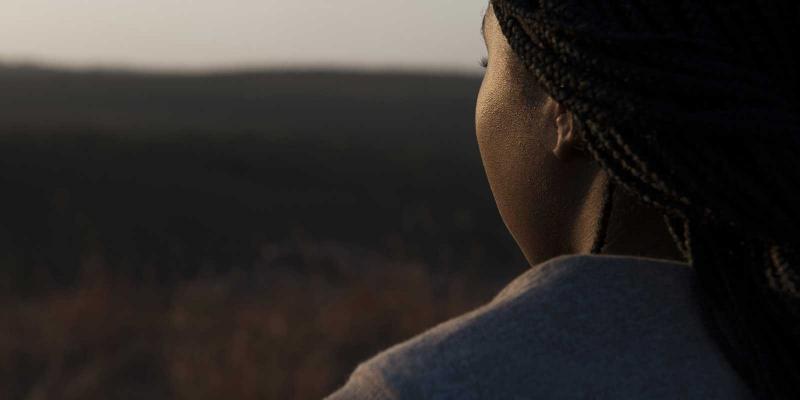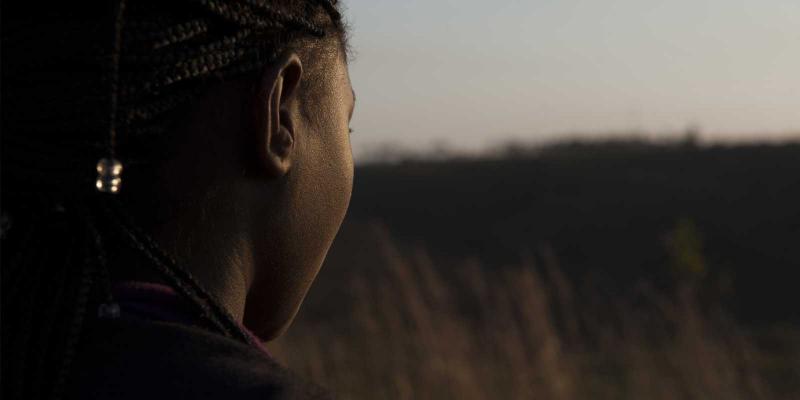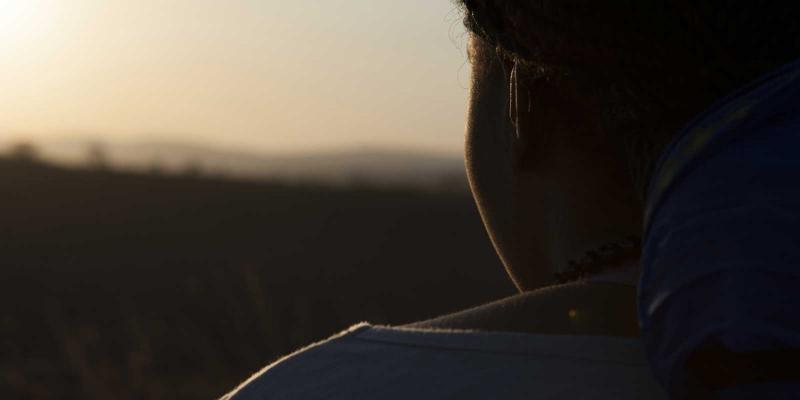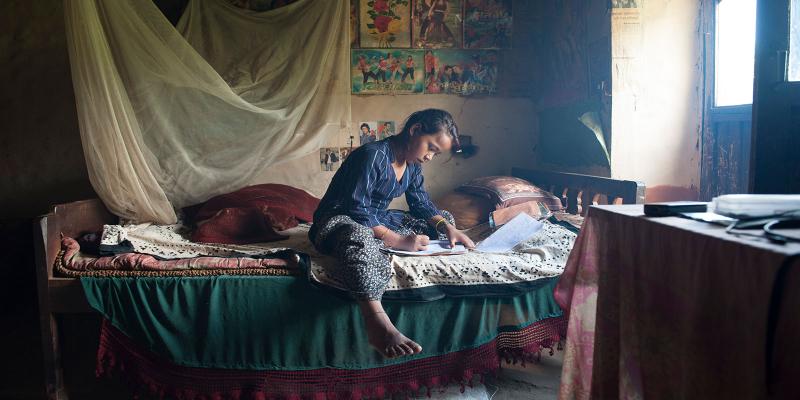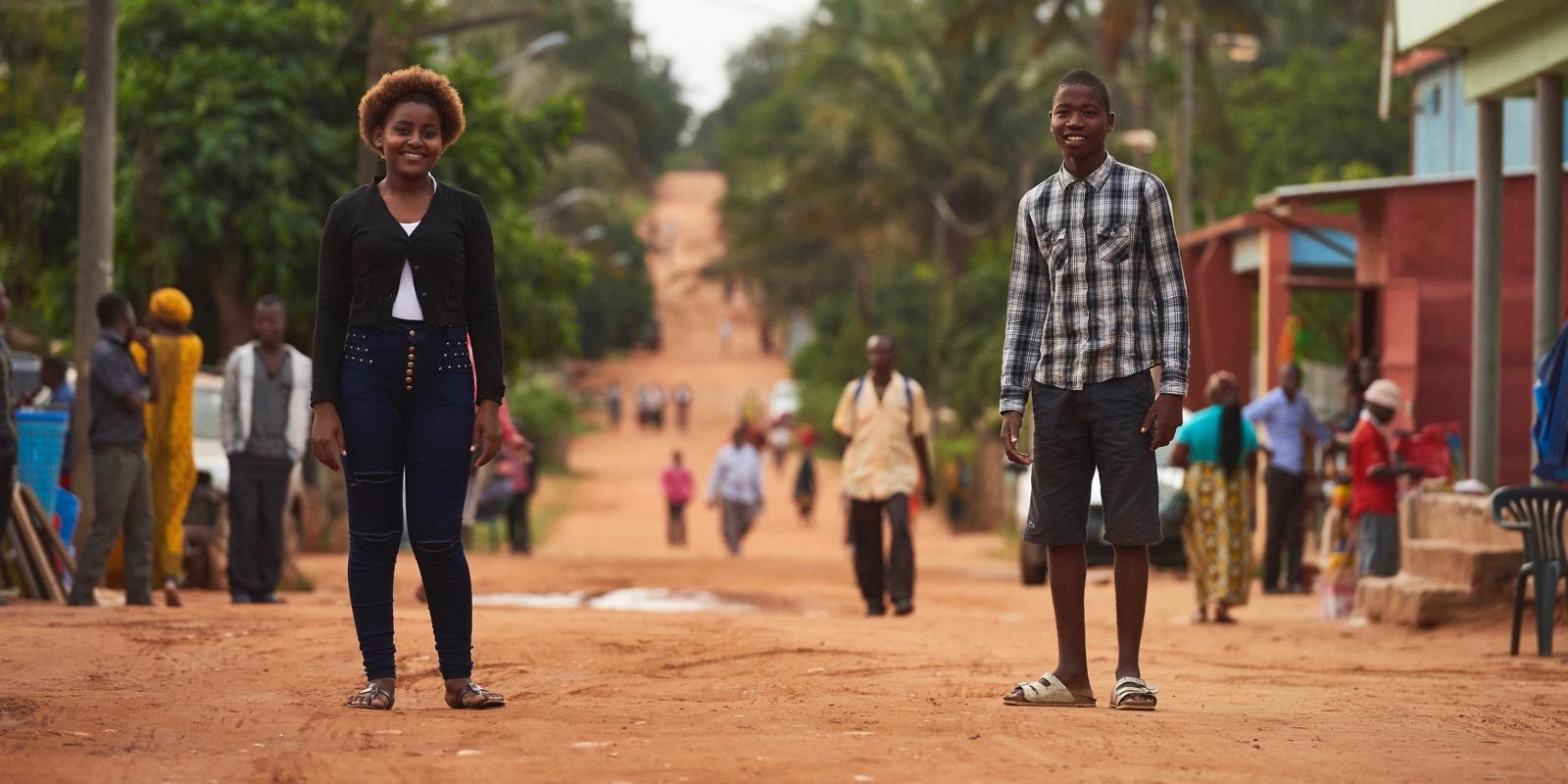
Friends Dimentilià and Rafico are WCP Child Rights Ambassadors and are fighting together under the project Mozambique for Girls’ Rights.
“When we do this together, boys and girls, we are showing that we see one another as equals. I feel ashamed when I see how boys and men treat girls and infringe their rights,” says Rafico.
“My maths teacher thought that boys were smarter than girls. He put the boys in one half of the classroom and us girls in the other. Then he turned his back on us and only taught the boys. He only did calculations on the blackboard on the boys’ side. We didn’t say anything, and when the teacher asked if everyone had understood, we girls had to answer that we hadn’t understood anything. For him, this was proof that we were unintelligent just because we were girls. That is discrimination!
“Here in Mozambique, women and girls have no voice. We don’t count. At home, it is the sons and fathers who have the power. Daughters are even forced to get married despite the fact that they are only children. In school, teachers listen more to boys than girls.”
Being a child rights ambassador
“When I got the chance to become a WCP Child Rights Ambassador I learnt a lot about the rights of both children and girls. Now I know that boys and girls have the same rights. We are equals. But because girls’ rights are not respected we have to fight for them! That is why I am involved in Mozambique for Girls’ Rights.
“There are eleven child rights ambassadors in our group, informing people about the rights of children and girls. We talk to pupils and staff in schools and attend village meetings where we explain to parents, traditional leaders, priests, imams and all other adults how important it is to respect girls. Every week we talk on the radio about child marriage, sexual violence and male teachers who exploit girls in exchange for good grades.”
Home visits
Dimentilià, 17, Inharrime, says:
“We also seek out children who do not attend school. The families are poor and the children are forced to work. It is often the girls who do not get to go to school. We inform them about girls’ rights and that everyone has the right to go to school. We tell traditional leaders so that they can help the families. And we make the authorities aware of children who are not going to school and who are being mistreated. Informing people about girls’ rights is important in order to make life better for us girls. As child rights ambassadors we are already seeing that our work is making a difference. My maths teacher and others have stopped discriminating against female pupils and treat everyone with respect!”<
Related stories
Långgatan 13, 647 30, Mariefred, Sweden
Phone: +46-159-129 00 • info@worldschildrensprize.org
© 2020 World’s Children’s Prize Foundation. All rights reserved. WORLD'S CHILDREN'S PRIZE®, the Foundation's logo, WORLD'S CHILDREN'S PRIZE FOR THE RIGHTS OF THE CHILD®, WORLD'S CHILDREN'S PARLIAMENT®, WORLD'S CHILDREN'S OMBUDSMAN®, WORLD'S CHILDREN'S PRESS CONFERENCE® and YOU ME EQUAL RIGHTS are service marks of the Foundation.



